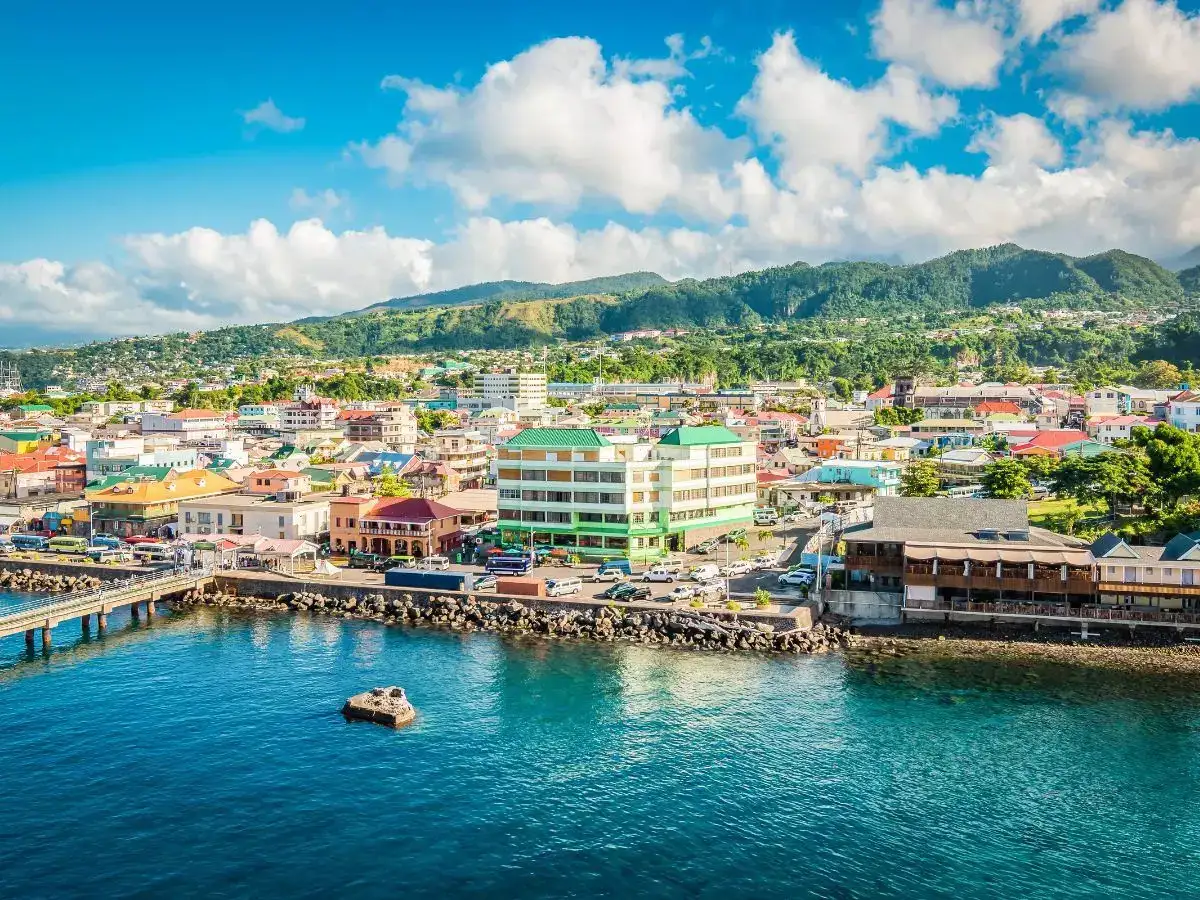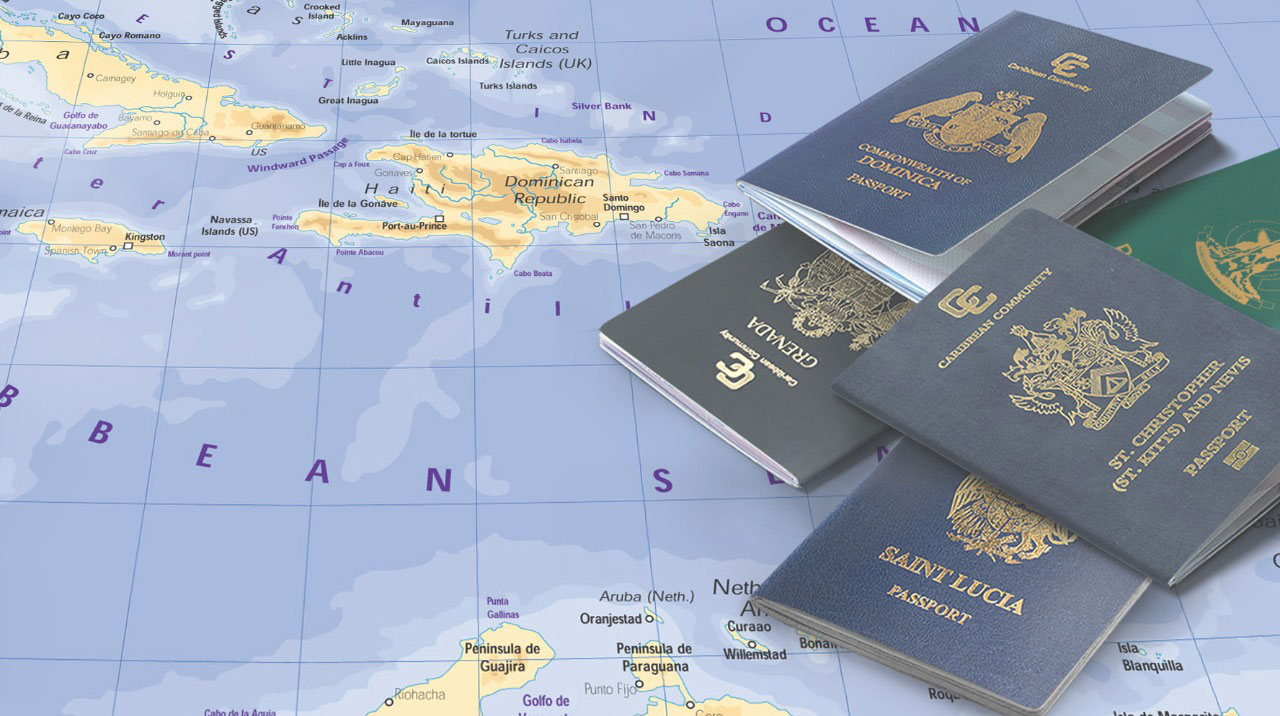In the turquoise-splashed Caribbean, buying a home now opens more than just doors to paradise—it unlocks access to new nations. A handful of island states have refined the art of selling citizenship alongside sun-kissed villas, fueling a growing demand from those seeking not only luxury but also a legal escape hatch. As global anxieties swell, the tropical dream is increasingly doubling as geopolitical insurance.
Caribbean citizenship by investment is on the rise
In five Caribbean nations—Antigua and Barbuda, Dominica, Grenada, St Kitts and Nevis, and St Lucia—citizenship by investment (CBI) has become more than a niche offering. A property purchase starting around $200,000 now comes with a second passport, allowing visa-free travel to up to 150 countries, including the UK and Europe’s Schengen area. This convenience has turned real estate into a powerful diplomatic asset.

In Antigua, estate agencies report overwhelming demand. Nadia Dyson, who leads the agency Luxury Locations, says up to 70% of her buyers now cite citizenship as a primary motive. The surge is largely driven by American clients, disillusioned with political instability and social unrest at home. Where once the focus was beach views and a relaxed lifestyle, now the priority is global mobility and future-proofing.
While most applicants keep their primary residence elsewhere, a growing number are choosing to relocate. And for others, it remains an insurance policy—a plan B with palm trees and a passport.
A passport market with powerful perks—and growing scrutiny
The attraction of Caribbean passports lies not only in visa-free travel but also in lenient tax regimes. These nations typically waive capital gains, inheritance, and sometimes income tax. And crucially, they allow dual nationality.
But the simplicity of the schemes has sparked global concerns. The European Union has raised red flags over potential abuse, and the US has warned of risks related to financial crime and tax evasion. Some leaders in the Caribbean have defended their systems, touting improvements in due diligence, including mandatory applicant interviews and the closure of application loopholes.
Despite these measures, there remains unease about the commodification of citizenship. Critics argue that identity should not be a tradable asset. Local protests erupted when Antigua first floated the program in 2012, with opponents accusing the government of selling out the nation’s soul. Yet the programs have persisted—and flourished—particularly after the pandemic and two contentious US elections.
A billion-dollar boost for fragile island economies

Beyond buyers’ benefits, CBI has become vital to the Caribbean economies. Proceeds from passport sales now comprise up to 30% of GDP in some nations. In Dominica, the government says over $1 billion has been raised through the program, funding hospitals, hurricane recovery, and pension schemes.
In Antigua, Prime Minister Gaston Browne claims CBI helped rescue the country from economic collapse. With tourism prone to disruption—from natural disasters to global pandemics—citizenship sales have proven a more stable financial engine.
Yet this financial reliance makes the islands vulnerable to international regulatory shifts. EU visa-free access remains a key draw, and any move to revoke it could cripple the appeal of these programs. That’s why regional leaders are now cooperating on oversight, forming a shared regulatory body to enforce stricter compliance standards across nations.
The ethics of escape and the future of belonging
For many of today’s CBI buyers, a Caribbean passport represents a personal form of climate or political refuge—a quiet luxury of the ultra-mobile class. But critics warn that this transactional approach to nationality risks deepening inequality. While some purchase protection with a signature and a wire transfer, others flee crises with little more than a suitcase.
Still, for investors like Canadian retiree Robert Taylor, who bought a $200,000 property in Antigua before the price threshold rose, the appeal is tangible and pragmatic. “I want to enjoy great weather, friendly people, and have the freedom to stay as long as I like,” he says. His sentiments echo the larger trend—people aren’t just buying houses, they’re buying freedom.
As geopolitical uncertainties grow, the question remains: can citizenship be both a right and a luxury good? The Caribbean’s CBI industry suggests it already is. But whether this remains a sustainable model will depend not just on market demand, but on how these islands navigate the shifting sands of global scrutiny and sovereign identity.




